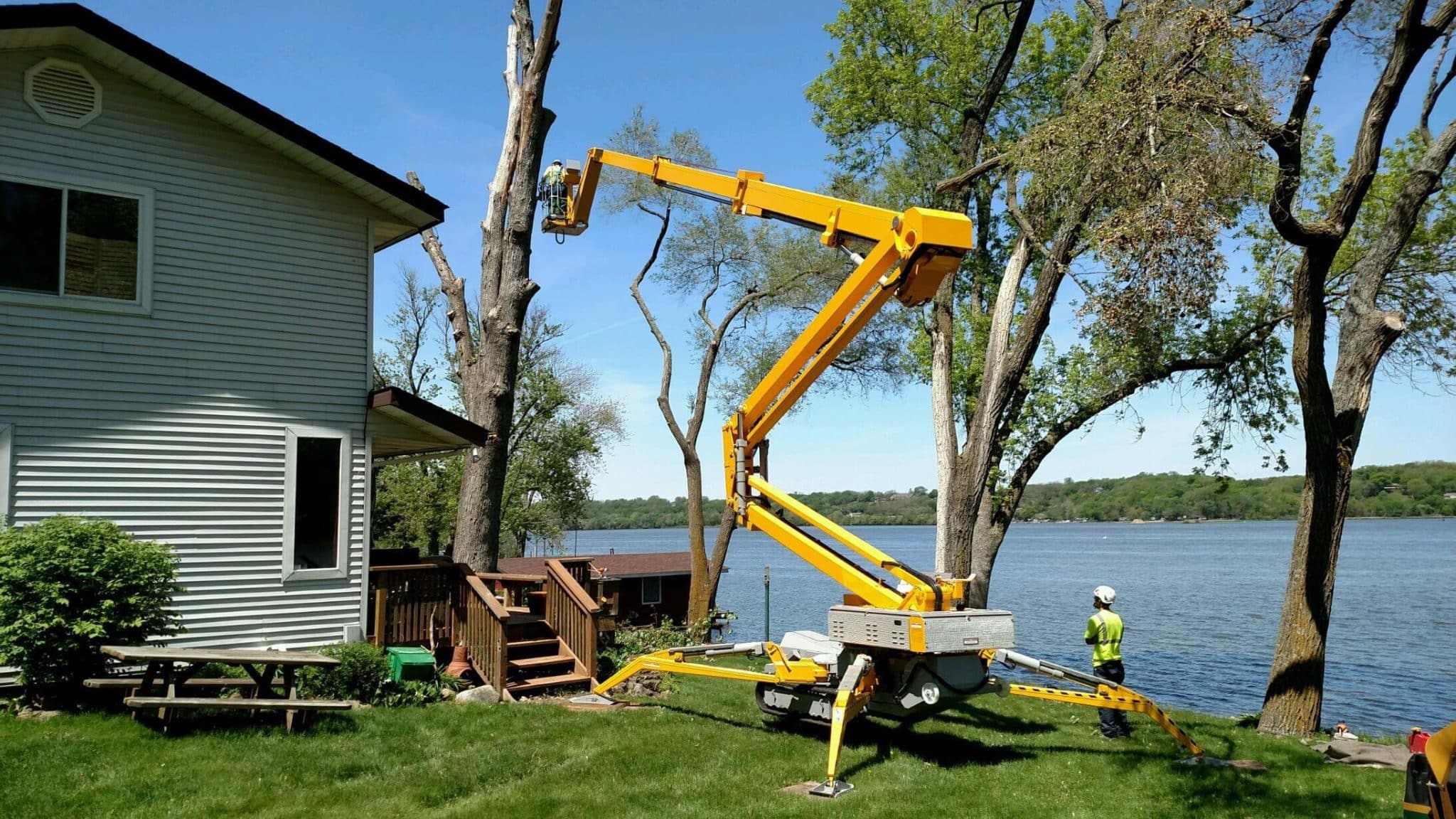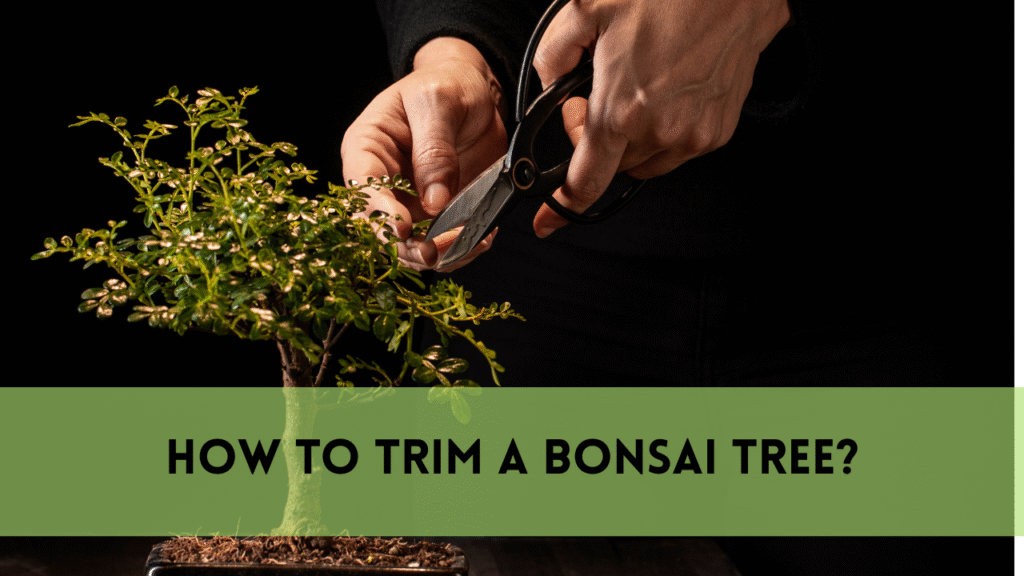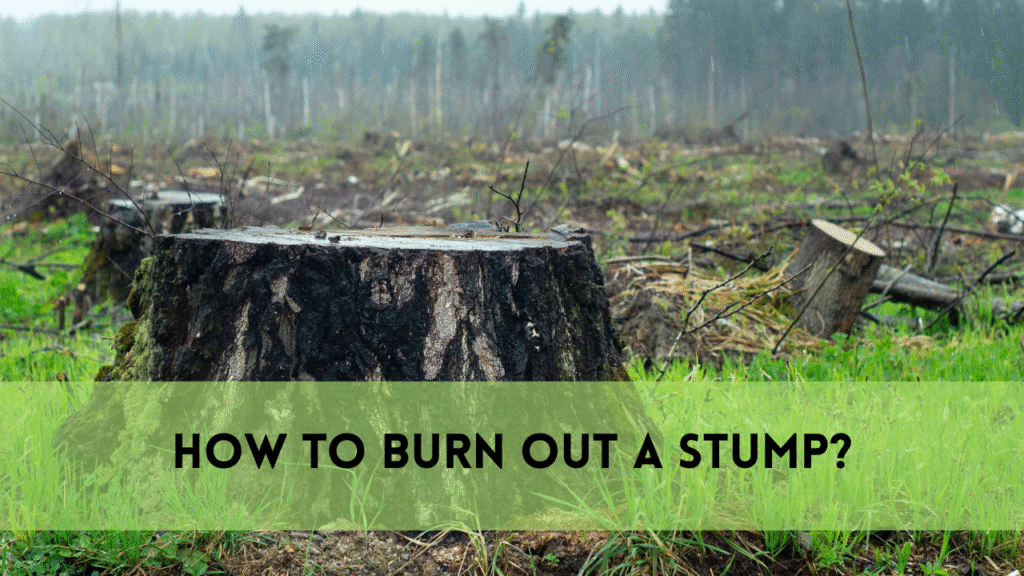Tall trees offer shade, beauty, and a link to the natural world among the activities of city life. Sometimes, though, these enormous creatures must be subdued or eliminated completely. Do tree removal companies need to be licensed? is a frequently asked question. To further understand why licensing is important, let’s explore the nuances of this green sector.
Imagine This: a stately oak tree with limbs that soar high in your property. It has quietly observed many happy occasions, playdates with the kids, and family cookouts. It’s becoming a threat, though. The roots are causing havoc with your plumbing, and the branches are becoming a threat. It’s time for action.
Do Tree Removal Companies Need To Be Licensed: Value of Obtaining a License
Take licensing issues into consideration before you pick up the phone and give the first tree removal firm you come across online. A certified tree-trimming business offers more than simply labor and chainsaws. It offers knowledge, responsibility, and a dedication to security.
An Entire Forest of Rules
Tree removal is a delicate dance with nature that calls for delicacy and, above all, compliance with rules. It’s not simply about hacking off branches and grinding down roots. As a safety net, licensing makes sure businesses abide by municipal, state, and federal regulations.
Regional Differences in Licencing
It’s important to realize that different places may have different licensing needs. What is permissible in one county may have legal repercussions in the municipality next door. A certified tree removal business can easily traverse this regulatory maze, making sure that all the “i’s” and “t’s” are crossed.
The Licenced Arborist’s Anatomy
Consider a certified tree-trimming business as a backyard surgeon. They are aware of the anatomy of trees and can spot illness, instability, and decay. This information is more than just how to use a chainsaw; it’s about protecting your property and the ecology at the same time.
Responsibility via Licencing
Getting a license is a commitment to accountability, not merely a mark of honor. A certified tree removal business offers more than simply a group of saws when you hire them. You’re hiring a team of experts who accept accountability for their work, making sure it’s completed effectively, morally, and with the least amount of negative environmental impact.
The Price of Taking Unlicensed Risks to Save Money
Let’s now examine the opposing viewpoint. What happens if you pick a tree removal business that doesn’t have the required permits and works covertly? It’s like playing a high-stakes game with nature, with potentially dire outcomes.
Legal Consequences
Not only is operating without a license a dangerous business decision, but it’s also illegal. Unlicensed tree removal is frowned upon by local authorities, who can impose harsh fines or even shut down businesses. Taking such a risk is not worth it, particularly when it comes to the protection of your home and those around.
The Decision: Lifetime Licence
Ultimately, the answer to the issue of whether or not tree removal firms require licences is an emphatic “yes.” Obtaining a license is essential for maintaining professionalism, responsibility, and the welfare of our environmentally conscious friends. It is not only a formality.
Selecting Prudently
Thus, the next time you have to choose a tree removal business, don’t just focus on the large machinery and chainsaws. Seek out that license—the emblem of distinction denoting a dedication to quality, security, and a peaceful cohabitation with the environment.
FAQs
Why are licenses required for tree removal companies?
The removal of trees has certain dangers and needs to be done according to rules. A license guarantees that Businesses run ethically, safely, and in accordance with national, state, and local regulations.
How do different tree removal firms’ licensing requirements differ?
The answer is that local rules for licensing may differ. It’s critical to comprehend and abide by local laws. A certified tree removal business handles this intricacy, guaranteeing knowledge and compliance.
What distinguishes certified arborists from uncertified ones?
In-depth knowledge of tree anatomy, diseases, and stability is possessed by licensed arborists. Their adherence to ethical practices and commitment to responsibility ensures that the task is completed effectively with the least possible negative impact on the environment.
What dangers come with working with an unregistered tree removal company?
Unlicensed businesses present threats to the law and public safety. In addition to the potential for serious consequences, operating without a license might jeopardize the property’s and the surrounding regions’ safety due to inexperience.
How can I make sure the tree removal business I hire is trustworthy?
The company’s license is a sign of professionalism and dedication, so look for it. Examine reviews, get references, and confirm that the business places a high priority on compliance with laws, environmental effect, and safety.
Conclusion
In summary, taking down a tree is not a job for the weak of heart. It’s a sensitive craft that calls for accuracy, wisdom, and a great regard for the natural world. By selecting a certified tree removal business, you help preserve our green heritage in addition to guaranteeing the security of your home.
Recall that a license in the tree removal industry is more than just a piece of paper; it is an indication of a company’s commitment to both the community it serves and the skill of tree removal. That way, you can be confident that whenever you hear the distant buzz of a chainsaw, it’s accompanied by a hum of expertise and responsibility.
Therefore, the answer to the age-old query, “Do tree removal companies need to be licensed?” is obvious. It’s a commitment to the wellbeing of our urban trees and the security of our houses, not merely a legal necessity.





